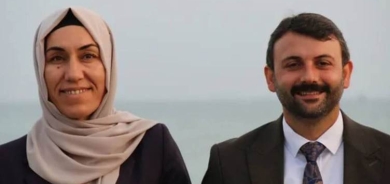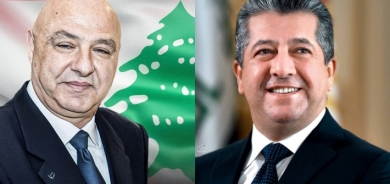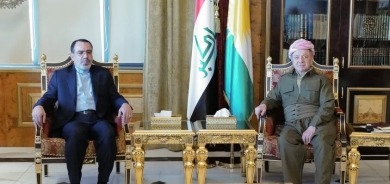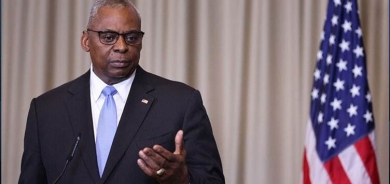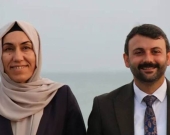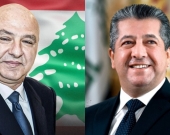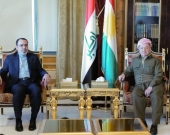Any attempt to deduct Kurdistan's budget is "collective" punishment, says Kurdish Blocs Coalition

The KBC called for continuing the dialogue to resolve the political differences between Iraq and the Kurdistan Region.
Local media quoted sources in the Iraqi government as saying that the federal government intends to deduct part of the region's budget, which constitutes 17 percent of the overall general budget, due to the region's decision to halt oil exports.
The region stopped exporting 175,000 barrels of oil per day early last month after a financial dispute with the Baghdad government.
A KBC spokesman said: "The KBC supports the continuation of the dialogue between Baghdad and Erbil as it is the only way to resolve the differences. There's an agreement to pay the dues of foreign companies to continue the export of 175,000 barrels per day.
"The region does not want and is not seeking to retain the oil and thinks that oil belongs to the Iraqi people and its financial revenues go to the state treasury."
The Iraqi Finance Minister Rafie al-Issawi said last month that Baghdad had agreed to pay nearly $560m (652bn IQD) for the producers of oil in the Kurdistan Region.
Issawi's statement came in response to the announcement by the Kurdistan Regional Government (KRG) to reduce the exports to 50,000 barrels per day and the threat to stop the exports completely if Baghdad did not pay amounts estimated to be $1.5bn (1.7tr IQD).
The Council of Ministers approved the draft oil and gas law 2007 but it faced Kurdish objection. It was seen by observers as highlighting differences between Erbil and Baghdad over the sharing of oil revenues and control over oil fields in northern Iraq and the Kurdistan Region.
The law will determine the party that controls Iraq's vast oil reserves, which are the fourth-largest reserves in the world. The law will also aim to attract foreign investors.
The Kurdistan Region has oil reserves of some 45 billion barrels and the KRG presented the oil fields for foreign investment after 2003.


